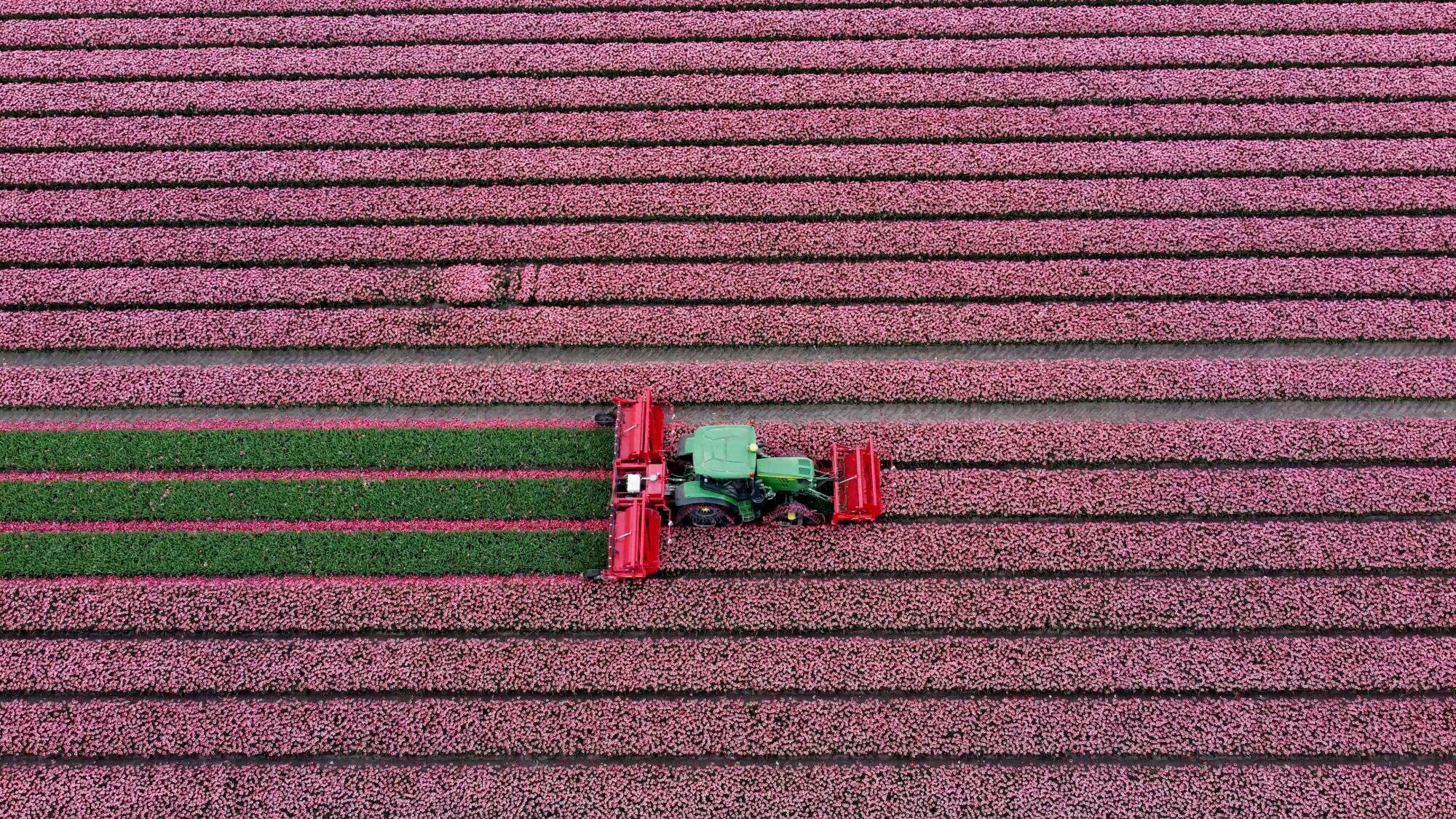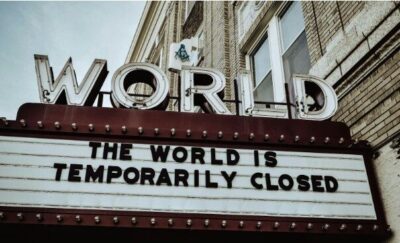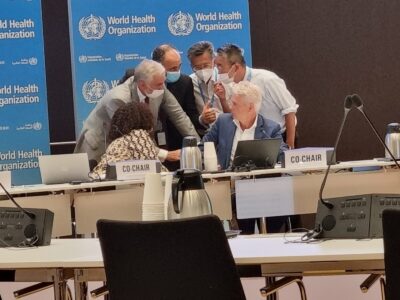Main content
Over the past two months, numerous news articles on potential Covid-19 treatments and vaccines have been published. Even though the vast majority of these new medical technologies are still in a development stage, governments are already looking for ways to secure them. This may induce “vaccine nationalism” – countries wanting to skip the queue to be first to access vaccines once they have proven effective and become available. The current system of pharmaceutical development incentivises innovation through patents, leading to monopoly positions for pharmaceutical companies, who then unilaterally decide on the market price for their products. The combination of vaccine nationalism and market monopolies is dangerous for Covid-19 treatments and vaccines because it will hamper equitable access. At Wemos, a Dutch NGO working on various global health topics, we believe that a global crisis requires a global response. Current and future efforts must make sure that they result in maximising both availability and affordability. Creating a pooling mechanism of knowledge, patents and know-how is the best answer to growing vaccine nationalism and monopolies for life-saving medical technologies. The concept of collecting expiring pharmaceutical patents and licensing them non-exclusively to manufacturers of generic products is not new. The Geneva-based Medicines Patent Pool (MPP) has been doing exactly this for almost ten years.[1] With this concept, the organisation is a crucial actor in increasing competition and improving access to medicines against HIV, hepatitis, and tuberculosis. Non-exclusive licensing will be key for future Covid-19 treatments and vaccines, as it seems very unlikely that a single pharmaceutical company will be able to produce enough vaccines or medicines to satisfy the worldwide demand. Since the desired outcome of such a pool is global access to future pharmaceutical products against Covid-19, Wemos believes the best organisation to manage such an initiative is the World Health Organization (WHO).
The government of Costa Rica was the first to suggest a global database. In an open letter to the WHO, it suggested creating a voluntary pooling mechanism – in line with the MPP – for Covid-19 related knowledge, know-how and intellectual property.[2] The initiative prompted NGOs in various WHO member states to call upon their governments to support this Costa Rican initative. In the Netherlands, Wemos won the support of many Dutch NGOs and public health experts.[3] Together with follow-up lobbying activities, this resulted in support from the Dutch government for a Covid-19 technology access pool, or C-TAP in short.[4] The Dutch health minister was one of the only country representatives at the World Health Assembly (WHA) to mention C-TAP in his statement to the rest of the WHA. The permanent representative of the Netherlands to the United Nations in Geneva, Switzerland also made a strong statement during the official launch of C-TAP on the 29th of May. Despite the compelling presentations, it is not yet clear how the Dutch government will translate these words into action. At Wemos, we believe that despite the voluntary character of C-TAP, governments are in a good position to negotiate with pharmaceutical companies to contribute to the pool, for instance by attaching conditions to public funding. Such a condition could be that patents of Covid-19 pharmaceutical products that are developed with Dutch public funding are automatically shared with the C-TAP. In order to counter vaccine nationalism and promote global access to new pharmaceutical products, countries around the world should embrace C-TAP. It is likely to be the best way to maximise production and affordability. Now that C-TAP has been formally established, it is essential that countries do their best to make it work. The role of national governments in supporting C-TAP to become a successful global access mechanism for Covid-19 vaccines and treatments is crucial, starting with convincing pharmaceutical companies to contribute to the pool. Considering the large amount of public funding that is currently being spent on research and development, governments have a powerful tool to promote access, namely by attaching conditions to these investments. This is vital: it is in the best interest of the public and would be a strong signal of global solidarity.
References
- Medicines Patent Pool [Internet]. About us; [accessed 2020 Jun 6]. Available from: https://medicinespatentpool.org/who-we-are/about-us/
- Knowledge Ecology International [Internet]. Open letter to the WHO and its member states on the proposal by Costa Rica to create a global pool for rights in the data, knowledge and technologies useful in the prevention, detection and treatment of the coronavirus/COVID-19 pandemic; 2020 Mar 27 [accessed 2020 Jun 30]. Available from: https://www.keionline.org/32599
- Wemos Health Unlimited [Internet]. The Netherlands supports a global ‘Covid-19 pool’; 2020 Apr 8 [accessed 2020 Jun 30]. Available from: https://www.wemos.nl/en/the-netherlands-supports-a-global-covid-19-pool/
- World Health Organization [Internet]. Solidarity call to action; making the response to COVID-19 a public common good; [accessed 2020 Jun 30]. Available from: https://www.who.int/emergencies/diseases/novel-coronavirus-2019/global-research-on-novel-coronavirus-2019-ncov/covid-19-technology-access-pool/solidarity-call-to-action



















































